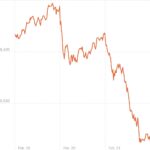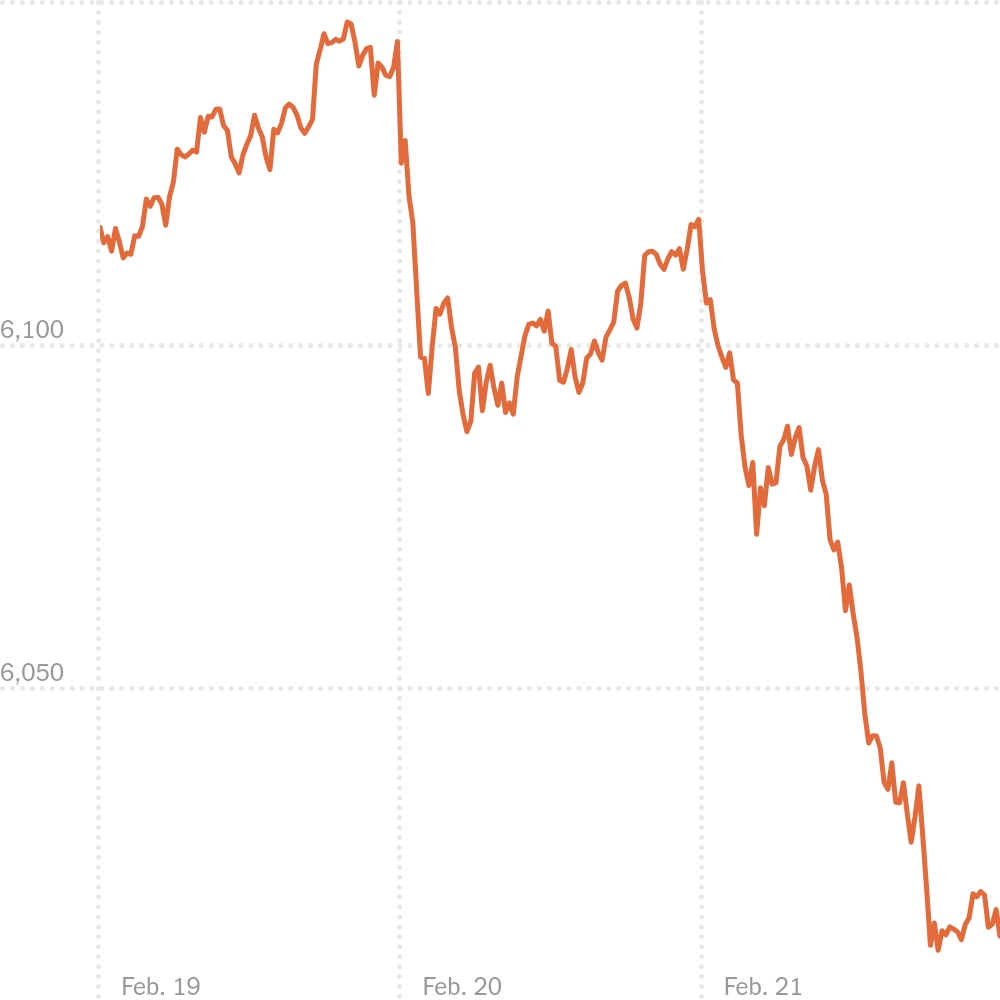Labour, UK news, Climate crisis, Ed Miliband, Keir Starmer, Environment, Politics, Rachel Reeves Business | The Guardian
Labour is constantly torn between its self-image as a party of radical change and its fear of alienating voters with the wrong kind of radicalismWhen Keir Starmer became Labour leader he was unpractised in politics. For advice, he naturally turned to someone who had done his job before and with whom he had a good personal rapport: Ed Miliband.As Starmer grew in confidence he stayed friendly with Miliband, deferential to his status as a veteran of government and appreciative of his sincere enthusiasm for the energy and climate brief. But the new leader was also ruthlessly focused on winning power, and increasingly alert to toxicities in the Labour brand. He was persuaded that the journey to Downing Street could be completed only by jettisoning policy baggage and paying less heed to people associated with past failure. Continue reading…
Labour is constantly torn between its self-image as a party of radical change and its fear of alienating voters with the wrong kind of radicalism
When Keir Starmer became Labour leader he was unpractised in politics. For advice, he naturally turned to someone who had done his job before and with whom he had a good personal rapport: Ed Miliband.
As Starmer grew in confidence he stayed friendly with Miliband, deferential to his status as a veteran of government and appreciative of his sincere enthusiasm for the energy and climate brief. But the new leader was also ruthlessly focused on winning power, and increasingly alert to toxicities in the Labour brand. He was persuaded that the journey to Downing Street could be completed only by jettisoning policy baggage and paying less heed to people associated with past failure.








